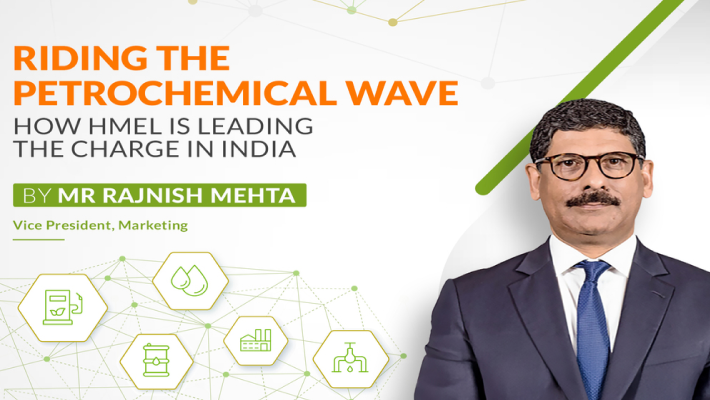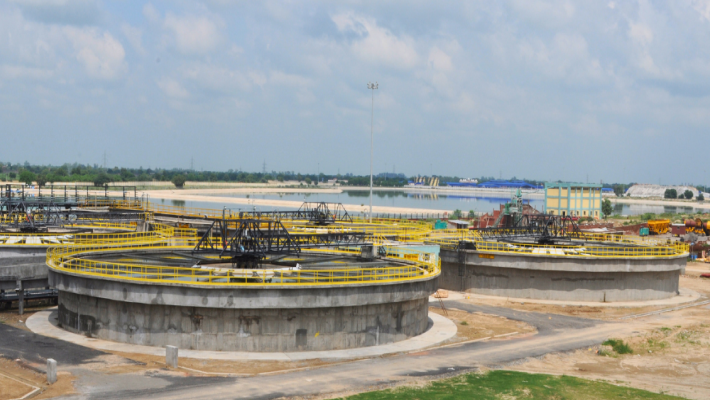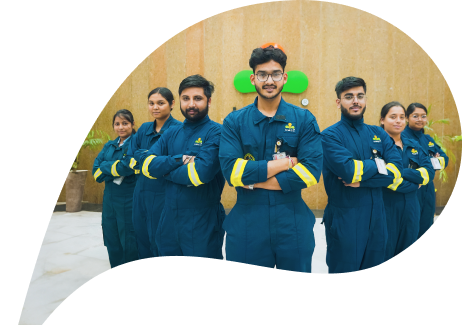The dawn of digital transformation is more than just a trending buzzword—it’s a seismic shift that commands us to re-envision our operations and core philosophies. The transition has necessitated a shift in perspective: from purely financial considerations to cultivating a technological mindset, ensuring that our business not only thrives but sets industry benchmarks. I’m penning down my thoughts on the subject today, hoping to share my experiences and learnings of driving digital transformation in the oil refining and petrochemicals business at HMEL.
People: The Digital Forerunners
It is a common misconception that digital transformation is solely driven by technology. While technology and machines are indispensable, it’s the people behind them who make the real difference. Now, how do you convince employees to use digital technologies to solve corporate challenges? At HMEL, we’ve recognised this symbiotic relationship and have taken steps to foster a “digital-first” mind-set. Our decision to adopt “Digital Mindset” as an HR competency and train people across hierarchies to develop digital capabilities is more than just a success; it is a testament to our commitment to ensuring that our most valuable assets, our employees, are equipped to navigate the digital terrain.
Technology in Oil and Gas: An Industry-Revolutionised
The oil and gas industry has always been at the helm of technological innovations. Technology is not just a supplement; it is fundamental to how we conduct our business, from the use of cutting-edge sensors to data analytics in predicting maintenance requirements. It’s this integration of core industry practices with state-of-the-art technological solutions that ensure maximised yields, reduced downtime, and swift, data-driven decision-making processes.?
HMEL’s Digital Odyssey
At HPCL-Mittal Energy Limited (HMEL), technology isn’t just about new gadgets or software. It’s about an entire ecosystem designed to enhance efficiency and catalyse innovation. We began the manifestation of our technological embrace with the use of robotic process automation in our employee claims, which reduced the cycle time by 80% and had a very high impact on the employees. This reaffirmed our belief in the potent synergy of man and machine and we deployed cutting-edge technologies like Real Time Optimizer, Advanced Process Control, Supply Chain Automation, IIoT, Virtual Reality, Advance Analytics, chatbot and many more to make our operations more efficient, safe and reliable.
Turn Challenges into Opportunities
While the benefits of digital transformation are compelling, the journey is not without challenges. Integrating legacy systems with modern digital solutions, ensuring data security and privacy, and upskilling the workforce to harness new technologies are some of the hurdles that need to be overcome.?
However, these challenges also present opportunities for collaboration, bringing leaders on board by showing business value. The foundations for any digitization initiative must include a clear understanding of the organisation’s current performance baseline, robust KPIs, and tools that enable rapid, fact-based decision-making. It might take evaluating dozens of digital use cases and choosing only those that passed clear financial thresholds.
Charting the Future
As we sit at the crossroads of finance and technology, I can’t help but marvel at the transformative power of the digital age. However, a keen technological mind-set, a workforce that thinks digital-first, and an unwavering commitment to leveraging technology are what truly differentiate industry leaders.
At HMEL, we’re not just adapting to the digital era; we’re actively shaping its contours. As we march forward, our eyes are set on a future where technology, business, and people coalesce to craft a narrative of sustained growth and unparalleled excellence.






 no updates
no updates